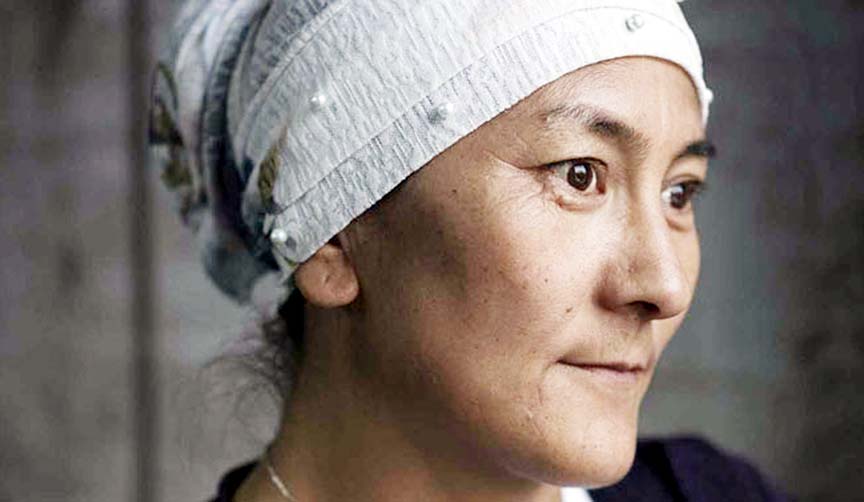
The Washington Post :
The women have found refuge from Chinese authorities across the border in Kazakhstan, their ancestral homeland. But they remain haunted by the stories of abuse they carry with them.
Some said they were forced to undergo abortions in China’s Muslim-majority province of Xinjiang, others that they had contraceptive devices implanted against their will while in detention. One reported being raped. Many said they were subjected to sexual humiliation, from being filmed in the shower to having their intimate parts rubbed with chile paste.
The allegations come as China expands a yearslong crackdown on its Muslim minority, which includes not only Uighurs but also Kazakhs and other ethnic groups. While the experiences described could not be independently verified, local rights groups and lawyers say they are common – and reveal a wider pattern of abuse directed specifically against women, aimed at curbing their ability to reproduce.
In December 2017, Gulzira Mogdyn, a 38-year-old ethnic Kazakh and Chinese citizen, was detained in Xinjiang after a visit to Kazakhstan because WhatsApp was found on her phone. She was placed under house arrest and examined by doctors at a nearby clinic, who discovered she was 10 weeks pregnant.
Officials told her she was not allowed to have what would be her fourth child. The following month, Mogdyn said, doctors “cut my fetus out” without using anesthesia. She still suffers from complications.
“Two humans were lost in this tragedy – my baby and me,” Mogdyn said during an interview on the outskirts of Almaty, Kazakhstan’s largest city. She received her Kazakh citizenship in July and says that has emboldened her to speak out. She is also pressing Beijing for a response: either financial compensation or, at the least, an apology.
Others are still constrained.
A Kazakh woman with close relatives remaining in China was forced to undergo two abortions, in 2016 and 2017, while living in Xinjiang, her lawyer said. Aiman Umarova, a Kazakh human rights advocate and State Department honoree, said her client is seeking refuge in a Kazakh city and does not wish to be identified for fear of retribution.
Umarova sees the women’s stories as forming a pattern.
“Sexually violating women, including stopping them from reproducing, has become a weapon for China against its Muslim population,” she said.
The U.S. government and human rights groups estimate that between 1 million and 3 million Muslims have been detained in Chinese “reeducation camps” since 2017, most of them Uighurs.
The Washington Post spoke with two men, including an Australian citizen named Almas Nizamidin, who suspect that their wives, both Uighurs still in detention in Xinjiang, were forced to terminate their pregnancies at a camp in 2017.
Under China’s one-child policy, abortions and contraceptives were encouraged – and often enforced – by officials tasked with keeping the population down. Exceptions were granted for ethnic minorities, who were allowed one more child than Han Chinese.

